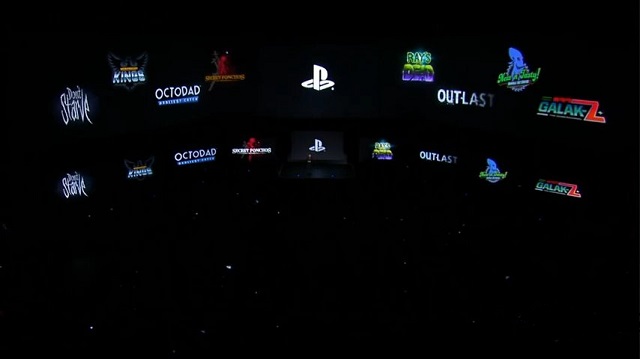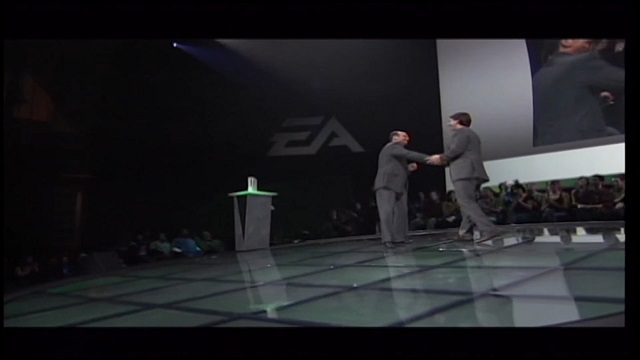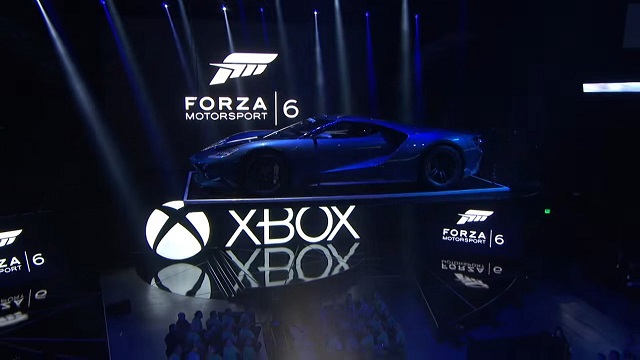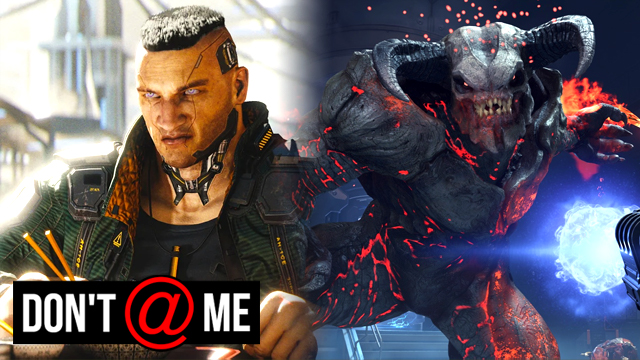E3 is getting smaller. No matter whether you’re a doom and gloom naysayer or someone still wishing for the revival of Kentia Hall, that’s an undeniable fact. More and more companies are finding the show unnecessary in this age of social media and instant gratification. EA struck out on its own, Sony is skipping a year, and Devolver has been proving that you don’t need the ESA’s permission to show off your games. But these press conferences are the most essential part of the show as they are the one time of year where companies define their own story while the world watches.
Most people seem to be in agreement that it’s important for the industry to get together at least once a year. As everyone weighs in on how to keep the show relevant, the press conferences are the most vital element relevant to the ongoing narrative of the show. While Nintendo Directs and their ilk do a fine job of speaking to those already heavily invested in gaming, the highly controlled video format feels more like marketing and less like a spectacle. It’s that key element of showmanship that speaks to people on a massive scale.
State of L.A.

If you’re just showing trailers all in a row, your average person on the street won’t care all that much. A big marquee game releasing a trailer on Twitter is an event, but it also represents wasted potential. Pairing the new Call of Duty with other franchises and company news raises everything to that level of notability. Games big and small become etched into history, for good or for ill. Hidden gems become potential hits based solely on these presentations.
In such a competitive industry, everyone needs an opportunity to stand out and start building the hype. Look at We Happy Few. While the final product didn’t come out quite as players might have wanted, the sheer momentum that game collected due to its placement on the Xbox stage is astounding. Cuphead also got a boost from being up on that stage as it was a concept that took the industry by storm even though it only showed up for seconds in a montage. These moments made these games big beyond the indie realm. We need more B-games in the market, and this is a surefire way to keep them rolling out.
Days of Xenons Past

Beyond hitting up a mainstream audience, E3 press conferences provide a fascinating window into a company’s mindset. By going back to past showcases, you can see how things change over time, what initiatives thrived, what concepts never came to fruition, and, most importantly, when we will be able to scan in our own skateboard. If E3 became just another PAX and companies started presenting all on their own, we’d lose the honesty that comes with pitching to the industry at large.
I recently rewatched Microsoft’s 2005 press conference. This was the first year of the Xbox 360, just days after the console premiered on MTV. Microsoft was shifting after the tepid response to its first console. The Xbox 360 was to be the center of entertainment in the home and not just have games but pictures, video, music, and everything else you could want. It is a pretty basic pitch in 2019, but context is key. This was two years before Netflix was anything more than a mail-order DVD provider. With hindsight, you can see the entire future trajectory of a company in a single speech.
You can also see the seeds in this pitch that would create the Xbox One in the next generation. Xbox was already talking about media being on equal footing with games before the 360 was even out. When Netflix hit, it hit hard, bringing people to the platform in the same way that DVDs did back in the PS2 era. Factor in how long it takes for a new console to formulate behind the scenes and all the ingredients come together to create the disastrous Don Mattrick era.
World Premiere

That’s just one throughline for one company. There are countless others just waiting to be pieced together by would-be historians and enthusiasts alike. With the modern Nintendo Direct and Sony’s new State of Play, you don’t get those speeches. You don’t get the mission statements, the weird stunts, the flubbed lines that end up as legends. You get a controlled set of trailers with a set expiration date. It works in the short term, but there’s no denying that you lose something in the process.
So, even if E3 once again ends up as a Business Summit in a plane hanger, companies should continue to put on a show for the public. As an art form, games are generally loud and boisterous, more than maybe any other medium. They deserve to have a spotlight on a big stage at least once a year; a stage where they can lower a car from the ceiling or show you the bottom of an Xbox avatar’s foot or where they can be just as ridiculous as the technology that creates them. E3 press conferences are that place, and we’d be poorer for their absence.







